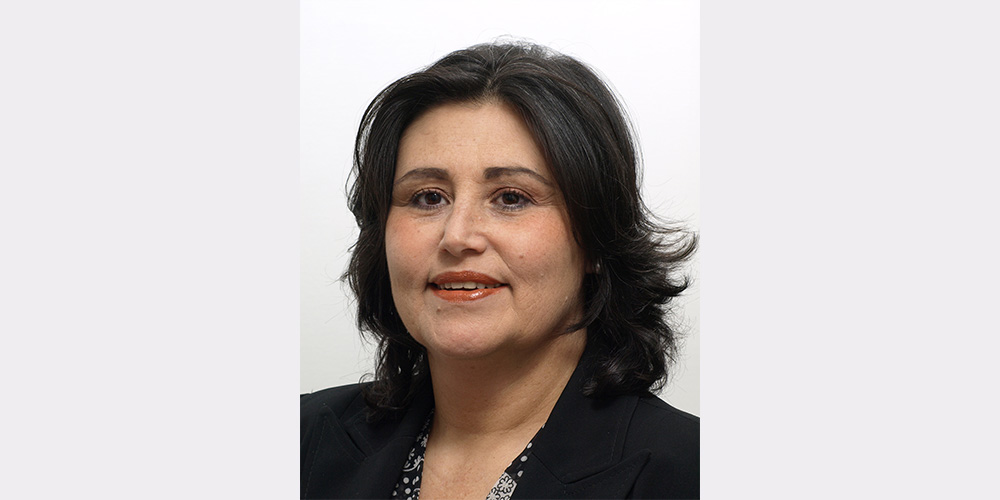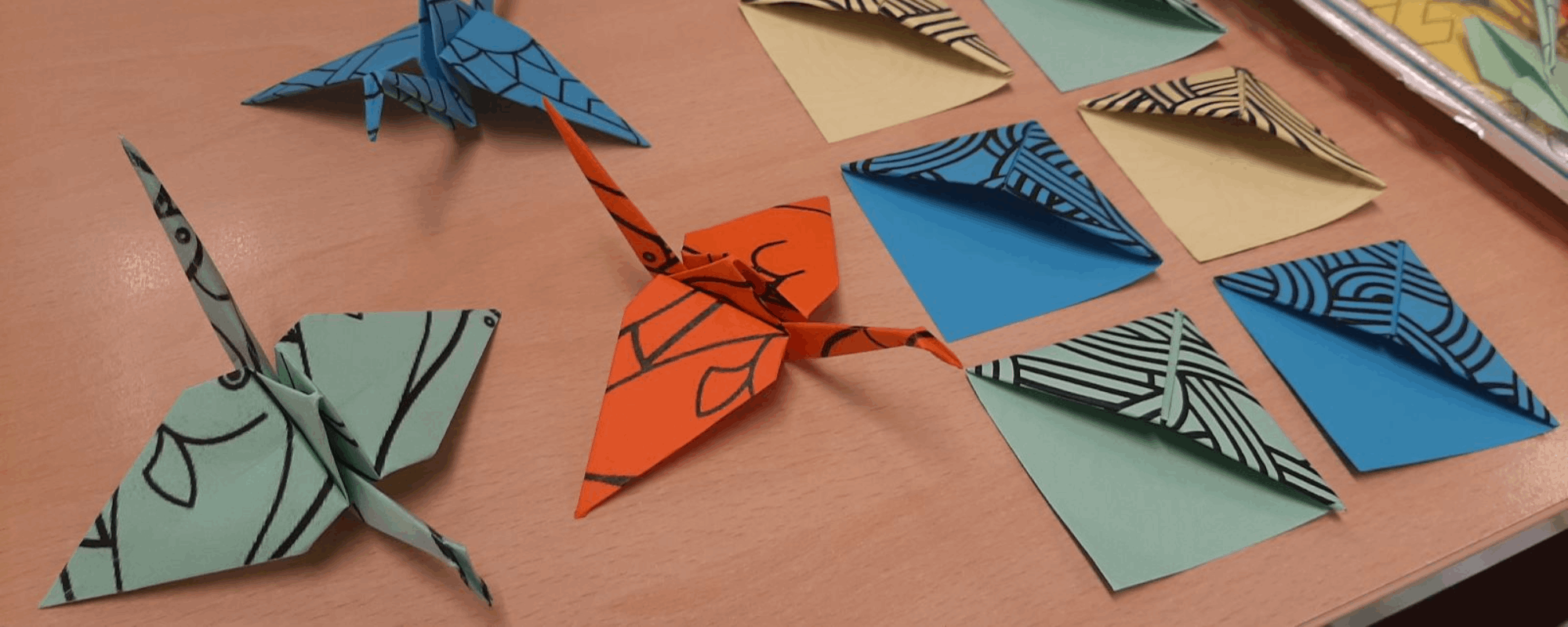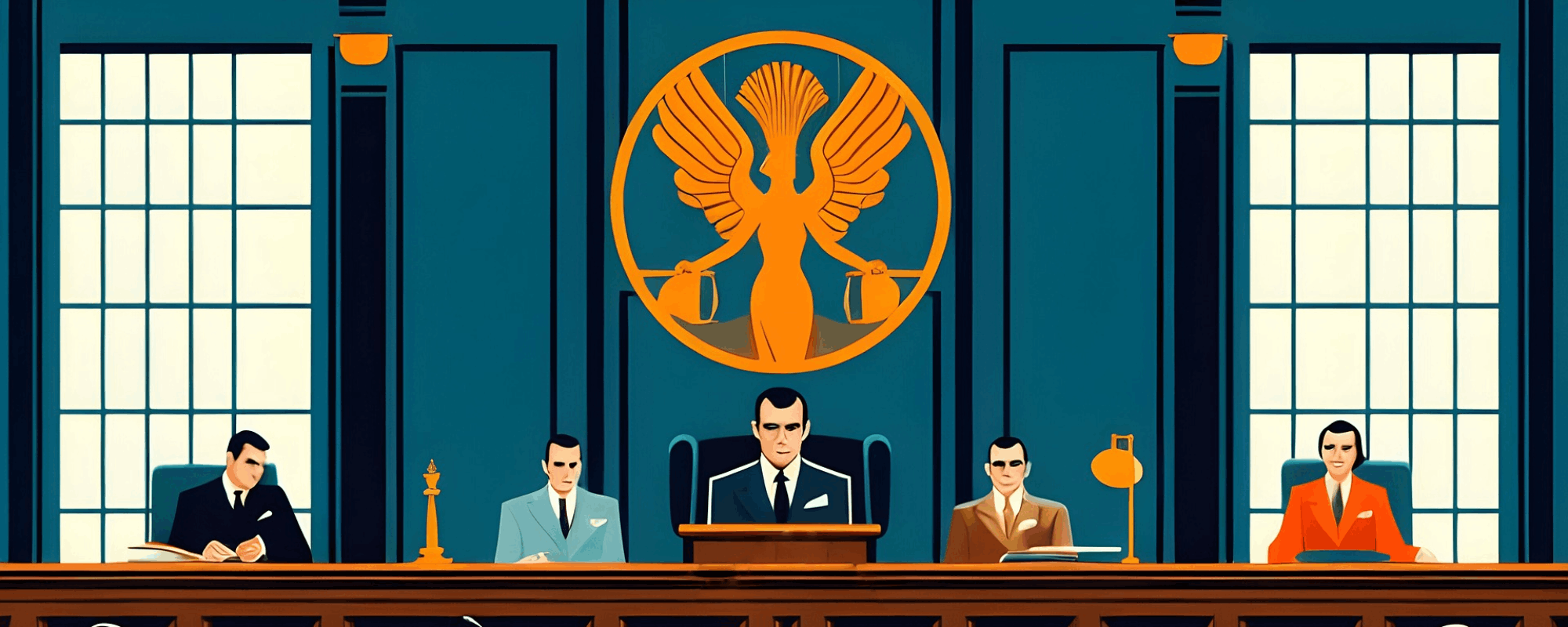The global pandemic is a further blow to already struggling local media. Prof. Mary Anne Lauri, media researcher and Editorial Board member at Beacon Media Group, unpacks this trend.
Independent journalism costs money. Obtaining otherwise inaccessible information and unveiling corruption takes time and skill. Independent journalism also enables citizen participation. In challenging times, showcasing altruism helps restore faith in humanity. It guards public interest and sustains a democratic environment. Should somebody tell you that, for the price of a daily coffee, you can help safeguard your country’s democracy, how would you react?

Three of the biggest threats to independent journalism are powerful social media structures, declining advertising revenues, and government interference. The COVID-19 pandemic is a fourth and maybe final nail in some newshouses’ coffins.
The domination of social media structures such as Facebook and Twitter, and search engines like Google, is a major threat to independent journalism. These corporations are powerful enough to create ‘bubbles’ through filtering content which they consider irritating or inappropriate. This makes it difficult for people to see views outside their own and these corporations’ comfort zone to access the truth. Financial gain is paramount. Sensational headings and clickbait attract greater attention and more clicks. Businesses and politicians prefer to use social media to advertise their worldview.
A rapid decline in press readership has slashed advertising revenue. As imperfect as the advertising-based business model is for independent journalism, many news organisations depended on this revenue to survive. Several media houses have gone online, and many, like The Guardian, do not charge any subscription fee. They ask their readers for donations to ensure that no one has control over their coverage of news.
Financial gain is paramount. Sensational headings and clickbait attract greater attention and more clicks.
People in power can threaten press freedom too. In some countries journalists are harassed physically and psychologically when they uncover corruption, or even when they present opinions which make governments uncomfortable (read ‘Journalism’s gendered risks’ in THINK No. 31). In our book, Navigating the Maltese Mediascape, several Maltese authors wrote about the chilling effect of the assassination of Daphne Caruana Galizia, as well as the inability of Maltese courts to defend freedom of expression.
There are other ways to stifle independent journalism. The authors mention attacking whistle-blowers, government’s refusal to defend journalists from SLAPP (strategic lawsuit against public participation) actions, using government media machinery and media trolls to attack journalists, manipulating and disseminating false information, discriminating among media houses by excluding them from press events, and channeling aid selectively in the form of public campaigns.
As imperfect as the advertising-based business model is for independent journalism, many news organisations depended on this revenue to survive.
Independent journalism was further impacted financially by the COVID-19 pandemic. People lost their jobs and the economy plummeted. News organisations received a harsh blow when they were already on their knees. Governments of various countries, including Malta, offered state aid to independent news organisations. Some question whether accepting this aid decreases the autonomy of independent media. Do media organisations feel empowered and free to criticise the government when it supports them?
The Maltese Government never published the aid package it gave to different media houses. Did some receive more than others? Did the government buy allegiance by giving state aid to media organisations? Is state aid helping to sustain independent journalism or does it come with strings attached? Kelly McBride, the chair of the Craig Newmark Center for Ethics and Leadership, discusses the pros and cons for coronavirus relief loans. She argues that all money is dirty, whether it comes from donations, foundations, advertising, sponsorship, or governments. What matters is whether independent media organisations are, when necessary, strong enough to bite the hand that feeds them.
Even at a time when information was a matter of life or death, some governments, especially those with a history of censoring news, attacked journalists and stunted press freedom. Reporters Without Borders (RSF) launched a tool, ‘Tracker 19’, with the aim of evaluating the pandemic’s impact on independent journalism. These are some of the stories they published: Russia suppresses coronavirus information at home, manipulates it abroad (26 March 2020); Brazil’s president attacks media instead of combatting coronavirus (31 March 2020); Two Philippine journalists face two months in prison for coronavirus reporting (2 April 2020). These and many other news stories from different parts of the globe, such as China, India, the Middle East, the USA, parts of Africa and Europe paint a bleak picture of censorship and harassment of journalists, even when knowing the truth saves lives.
Do media organisations feel empowered and free to criticise the government when it supports them?
Rasmus Kleis Nielson from the Reuters Institute for the Study of Journalism thinks that many news media outlets will have to close down. Many will be reduced to zombie-like brands without newsrooms. Maltese independent news organisations might suffer the same fate. On the other hand, their resilience and small size may help weather the storm.
It is in our interest as citizens that independent media survives. We can help safeguard that interest. We can subscribe to local and foreign media organisations and help them financially. Would you, for the price of a coffee, help independent journalism?
Further reading
Borg, J. & Lauri, M.A. (2019). Navigating the Maltese Mediascape. Kite publications.
McBride, K. and Edmonds, R. (2020). Many news organizations will cast aside historic taboos and apply for federal money. Will they need a whole new set of ethics? Poynter News University.
Neilson R.K. (2020). What will the coronavirus pandemic mean for the business of news? Reuters Institute for the Study of Journalism.





Comments are closed for this article!